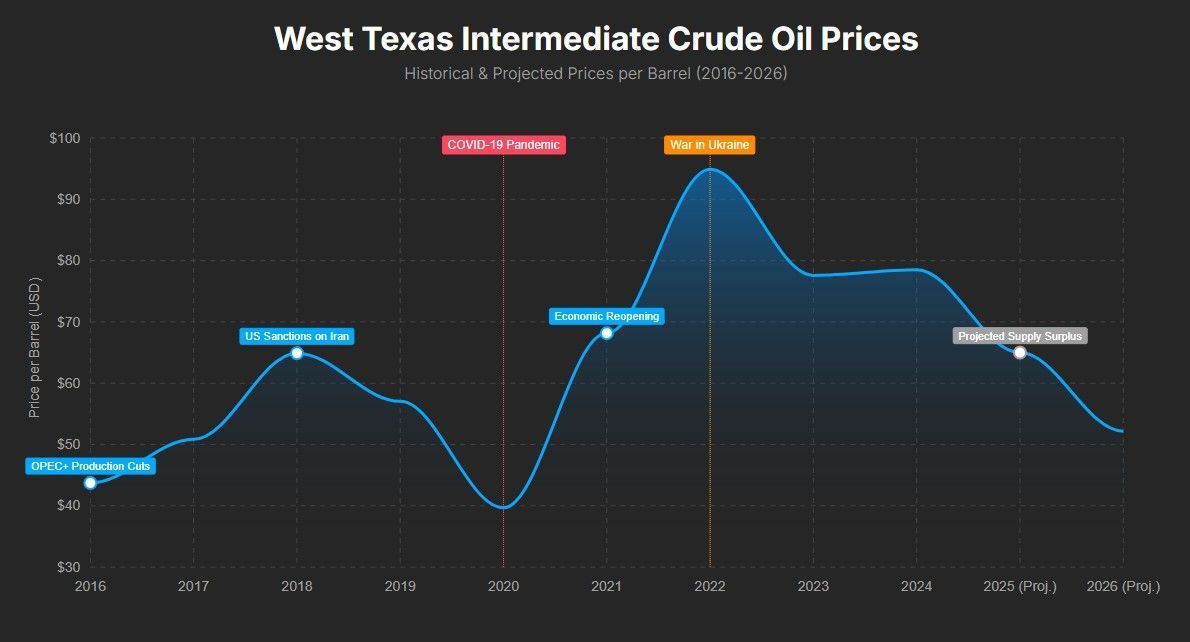Is Your Business Identity a Persona or a Brand? Why it Matters in Marketing?
Doug Mansfield • October 25, 2025
When you market your company, who do prospects meet? As a B2B business owner, you face a critical strategic choice every day. Do they meet you, the personal expert, engaging them on a one-to-one level? Or do they meet your brand, a professional entity that speaks as a unified voice?

The choice of personal vs. business presence
Some business owners prefer to be the face of their company, building a personal brand as the foremost expert in their field. Others prefer to be a spokesperson for their brand, allowing the company's identity to take the lead.
After hundreds of client consultations, I can tell you that neither of these approaches is wrong, but they have distinct pros and cons that directly impact your marketing effectiveness.
The Digital Platform Conundrum: Persona vs. Company
As a major force in the B2B sector, LinkedIn has already formed a strong opinion on this question. Well-written posts from personal profile pages are strongly preferred by their content feed algorithm. Conversely, posts from company pages or articles published by a company tend to get far less organic reach.
This "persona" preference isn't limited to just LinkedIn. Google's entire SEO strategy is increasingly built around a concept called E-E-A-T: Experience, Expertise, Authoritativeness, and Trustworthiness. Google wants to rank content from provable experts.
This is where you may be at a significant disadvantage if you, as the business owner, do not maintain a strong social and SEO presence. It is far easier for Google to identify and verify a person as an expert—through their author bio, their active LinkedIn profile, and their history of published content—than it is for a faceless brand. By remaining in the background, you risk signaling to Google that your content lacks a clear, authoritative expert, which can negatively impact your search rankings.
This doesn't mean you must cater to the algorithms. It's more a matter of how you want to present your business to prospects searching for the solutions you sell.
The Case for the "Brand-First" Approach
Many business owners prefer to remain in the background, and for good reason.
- Privacy: They may simply value their privacy and prefer not to be in the public eye.
- The Serial Entrepreneur: They might run multiple businesses and prefer not to be the public face of just one.
- The Founder's Sales Dilemma: This is the most common reason I see. Being a deep expert in your field does not automatically make you a great or comfortable salesperson. Many founders are uncomfortable in the sales role and wish for the brand to speak for them.
My Personal Take: Building a Brand Engine
I personally choose the brand messaging alternative. I am not a socially engaging person at heart. I avoid networking events and tradeshow appearances as a matter of personal preference.
I accept the downside of this behavioral preference, namely the consequences of LinkedIn's and Google's algorithms. I know many others who would disagree and feel energized by interacting with new people at social events.
Instead of focusing on my personal page, I update our company page frequently. This choice defines a core part of our strategy: the difference between Marketing Qualified Leads (MQL) and Sales Qualified Leads (SQL). I strongly prefer sales-qualified leads, and my LinkedIn presence confirms this. Our goal is to invest in a marketing engine, not a money pit, one that bridges the gap between marketing and sales and empowers our team with high-quality sales opportunities.
So, Is It Either/Or?
This is not necessarily an either-or question, and it's possible to do both. In fact, doing both is likely the best strategy of all.
In a crowded market like Houston, you must stand out. This is a key component of differentiation. A hybrid approach can be incredibly powerful:
- Use Your Persona for Awareness: Use your personal profile (as the expert) to build Awareness and share insights. This is where you build the human connection and establish your E-E-A-T.
- Use Your Brand as the Foundation: Your personal posts should ultimately drive prospects to your Foundation—your professional website and company profiles. This is the "marketing engine" that does the heavy lifting, qualifying prospects and inspiring them to take Action.
It's not your persona or your brand; it's your persona and your brand. Your personal expertise builds the trust, while your brand's marketing framework provides the structure to convert that trust into paying clients.
If you're a Houston B2B owner struggling to find this balance, we can help. We specialize in aligning marketing campaigns with sales enablement to measurably affect your bottom line.
This blog post was created by Doug Mansfield, president and founder of Mansfield Marketing











